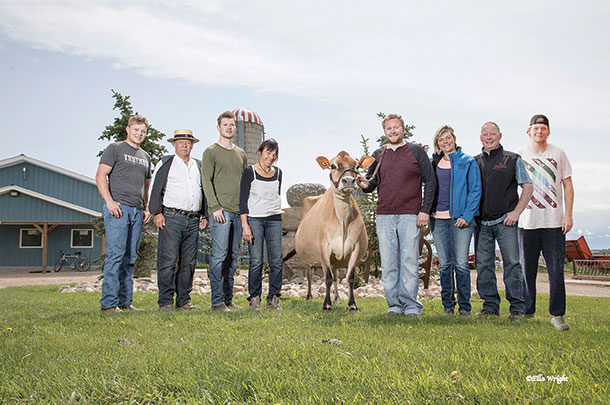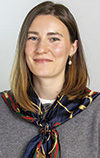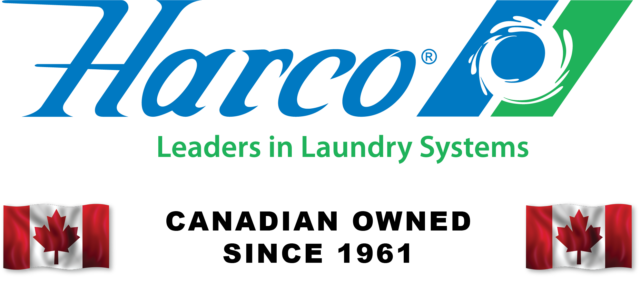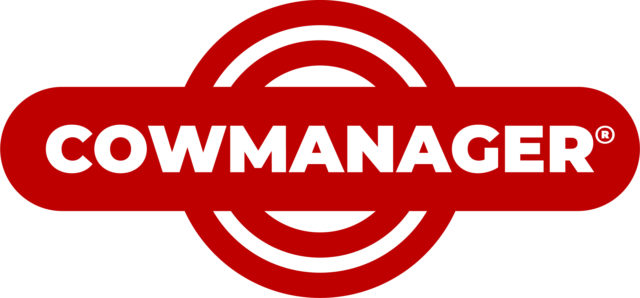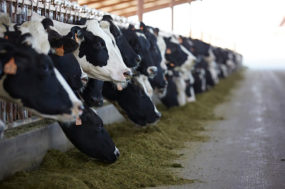As the winners of Jersey Canada’s 2021 Master Breeder title, Lone Pine Jerseys were not always so sure of their future with the breed. In 1993, owners Adrian and Vreni Haeni emigrated from Switzerland and made the move to Didsbury, Alberta, after purchasing Lone Pine Jerseys, where they were soon joined by Vreni’s parents.
Adrian, who came from a dairy background, had grown up with Red Holsteins and viewed his new herd with a little apprehension, not shutting down the possibility of switching to Holsteins. However, it was not long before the family fell in love with the breed and its disposition. Adrian says the breed’s temperament, their effectiveness at converting feed and their health traits made the decision to stay with the Jersey breed easy. “[The Jersey cows] convinced us pretty fast to stick with them, and they have been such a good choice for us,” he says.
Today, Adrian and Vreni milk 116 cows and market their animals across the country with the help of their four sons, Michael, Samuel, Jonas and Nils. The farm specializes in producing reliable commercial cows. Adrian says they are lucky to have many returning customers who have had good results with their cows.
When making breeding decisions, the farm focuses on good conformation and cows that produce a lot of milk solids, as well as longevity. “Longevity is really something we try to breed for and also manage for too; it goes hand-in-hand to look after the cows properly, so they stick around and have the chance to grow old,” Adrian says.
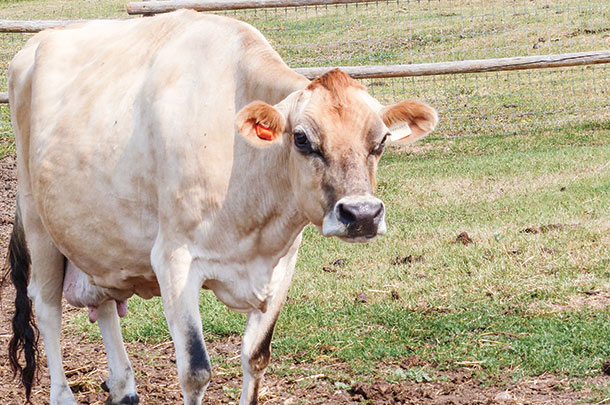 Lone Pine Giller Donna Sup EX-94 is 15 years old, has completed 10 lactations, and is the highest lifetime butterfat-producing Jersey in Canada. Photo by Emma Ohirko.
Lone Pine Giller Donna Sup EX-94 is 15 years old, has completed 10 lactations, and is the highest lifetime butterfat-producing Jersey in Canada. Photo by Emma Ohirko.It is clear their efforts have paid off, as some of their best cows have completed over seven lactations, including Lone Pine Giller Donna Sup EX-94, who has recently come out of her tenth lactation and is the breed’s top lifetime butterfat producer in Canada.
Although they rely on tools like A.I., sexed semen and due diligence when choosing sires, Adrian says good cow management is equally important to achieving their goals. “Once the calf is born, we make sure they get the best possible management to make sure the animal stays healthy and thrives in their environment,” he says.
Part of the farm’s management program is providing cows with access to pasture and Lone Pine Jerseys currently relies on rotational grazing during the growing season. Dry cows, heifers and even calves are given regular access to the farm’s pasture, and lactating cows often spend a few hours a day out on pasture.
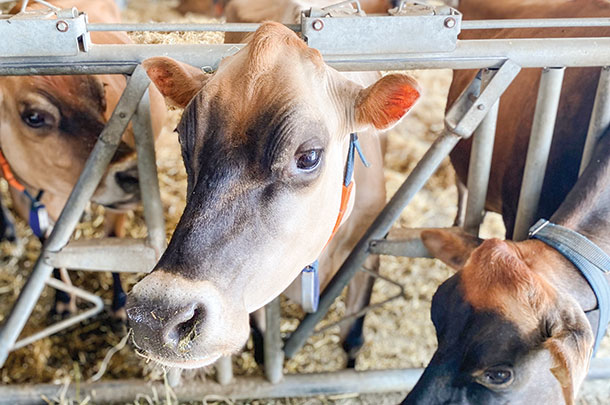 Adrian Haeni says his farm’s fresh cow pen has been integral to the success of adjusting the animals to the concrete floors in their milking barn. Photo by Emma Ohirko
Adrian Haeni says his farm’s fresh cow pen has been integral to the success of adjusting the animals to the concrete floors in their milking barn. Photo by Emma Ohirko
Speaking to why providing their cows with access to pasture is significant, Adrian says, “Coming from Switzerland, I grew up in a mountain area and our cows were outside. In the growing season [they would be outside] the whole day, and we really believe in pasturing as a health factor – besides saving on food costs and other things – so we always wanted to have as many animals outside as possible.”
Their management philosophy has helped lead them to the Master Breeder title, an award Adrian says they have always had their eyes on. “When we went through the list of herds who’ve won it before us, it’s just such great herds and such a prestigious award that I would be lying if I said it wasn’t something we would dream about,” he says. Their journey to the title has resulted in improvements to their farm and a more uniform herd, which Adrian says aligns with the farm’s overarching goals.
Two years ago, Lone Pine Jerseys switched from a milking parlour to a robotic milking system. The switch was motivated by the need to upgrade their facilities and by uncertainty with the future generation’s involvement on the farm. Adrian says robots allowed greater flexibility in operating the farm and meeting their goal of increasing milkings from two to three times a day.
The robotic milking system has provided increases in production and made heat detection easier, but Adrian says he has not seen any noticeable changes to the overall health of the herd.
The biggest adjustment to robots, he says, was the changes he and his family needed to make to their management style. “If you love cows, being around cows and close contact with cows, robots are actually the way to go; you have way more personal contact with your cows than through a milking parlour,” Adrian explains. Instead of rushing cows through the milking parlour, the family can devote more time to checking cows and treating them using a more individualized approach.
In addition to breeding for their ideal cow, Lone Pine Jerseys began using A2 sires six years ago. Adrian notes this is one of the changes they have made to prepare to process their own milk.
In July, the farm started building their processing facility, which they hope will be operational early this winter. Their vision is to sell Lone Pine Jersey dairy products through wholesale, retail and online avenues, focusing on local pick-up points as they believe this will offer their customers the best value for the freshest product.
“The plan was kind of flipped on its head in terms of what product [would be produced], and that’s kind of the starting point, figuring out what product because everything needs to fall in line around that product in terms of equipment and in terms of floor space for processing. What we are trying to do with this project is create something we can grow into on a product basis and hope the consumer demand dictates what we produce,” says Adrian’s son Michael.
Both Adrian and Michael share concern for the disconnect consumers have with where their food comes from, and processing their milk to sell direct to consumers is one way they are trying to bridge the gap.
To reach more consumers, the farm also relies on social media. Michael says he has always had an interest in sharing more of their farm’s story with consumers and when their vet and University of Calgary professor, Bruce Stover, was looking for virtual ways to teach his students more about dairy farms, Michael put together a video series to help educate students and the farm’s social media followers.
Hoping to change one negative opinion, Michael says his goal was to give people who have no idea where their food comes from a different perspective on dairy farms to challenge what they may have otherwise seen on the internet.
Surpassing his goal of changing one negative opinion, Michael says, “What meant the most to me was: We polled the students at [the University of Calgary], who had all been vet techs, and there were quite a few negative opinions on the industry. After the videos, we re-polled and [found that] we managed to flip 75 percent of those opinions to completely positive.”
Reflecting on the farm’s achievements, Adrian says his proudest accomplishment is knowing his four children intend to stay in the agricultural industry in some capacity – and he hopes, when completed, their processing facility will provide his sons with a good avenue to be more involved with the farm’s operations.
Michael says all his parents’ efforts have made it easy for him to want to follow in their footsteps. “[Considering] the environment they raised us in, it’s hard not to fall in love with what they do,” he says.
